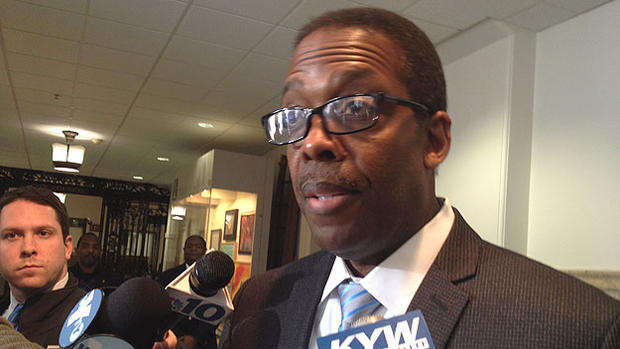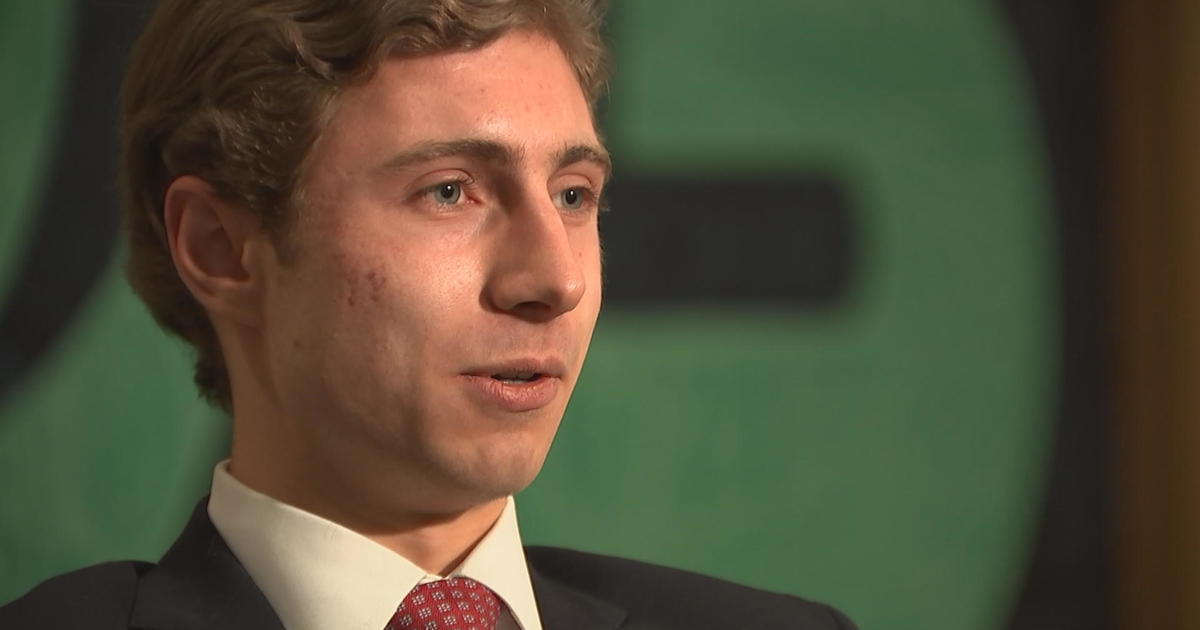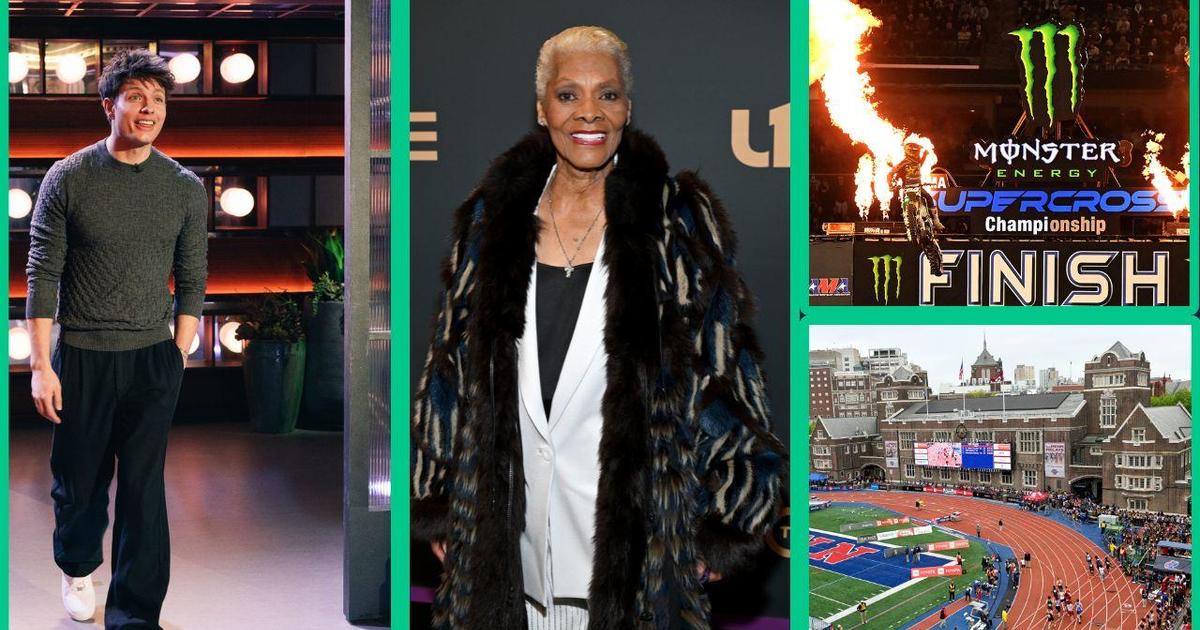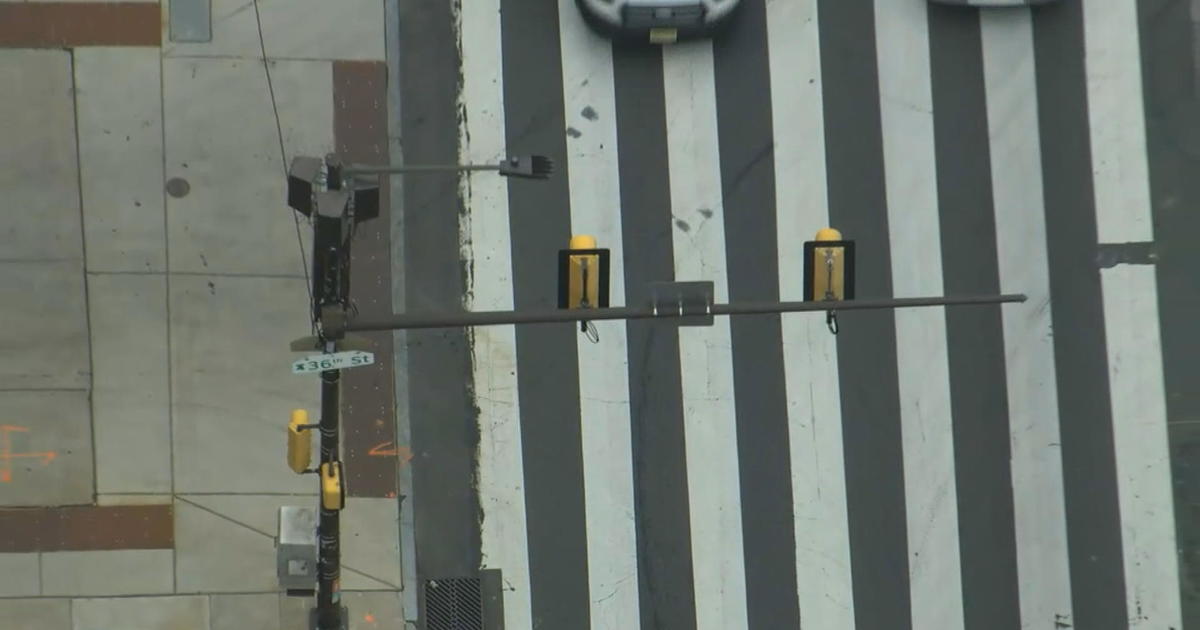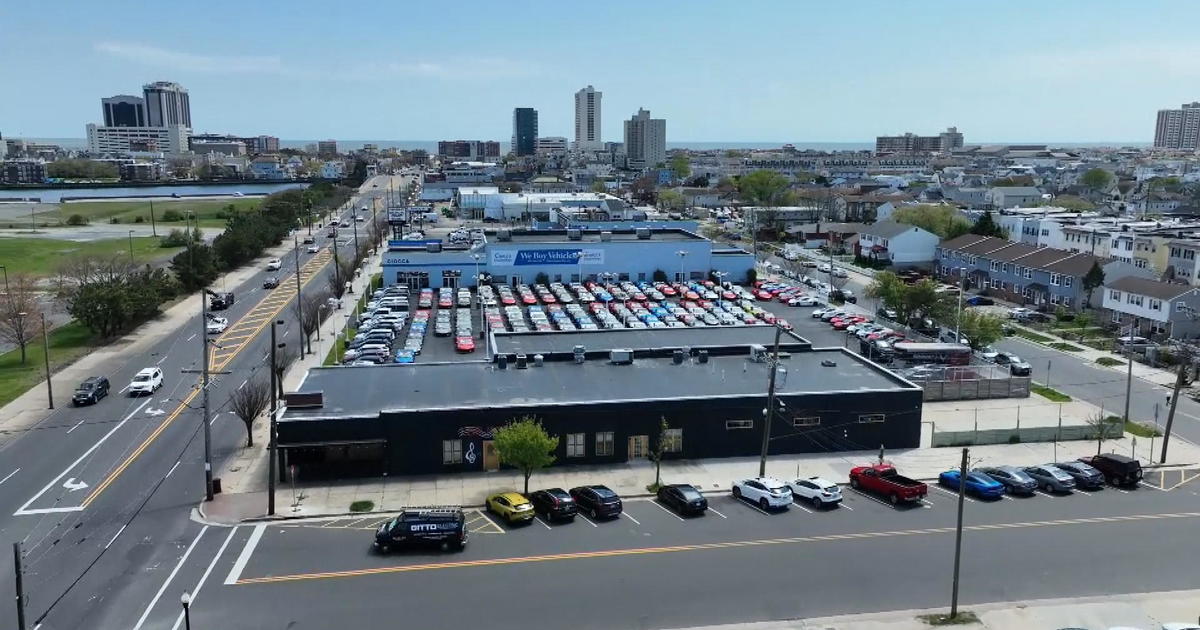Phila. City Council Is Ignoring Sunshine Laws, Watchdog Group Says
By Mike Dunn
PHILADELPHIA (CBS) -- A state watchdog group says Philadelphia City Council willfully ignored Pennsylvania's open-meetings law this past week by gathering behind closed doors -- not once, but twice.
On Wednesday, a majority of City Council members met behind a locked door in the office of City Council president Darrell Clarke (top photo). Clarke emerged later and admitted they were discussing city business -- specifically, how to come up with more taxpayer dollars for the school district.
But Clarke insisted the session did not violate the state Sunshine Act because councilmembers broke up into smaller groups in separate areas within his office.
(Clarke:) "(We) didn't have a majority of members at any one particular time in the (office). We were shuttling."
(Dunn:) "Can't that (topic) be discussed in public?"
(Clarke: ) "It will be, very shortly."
(Dunn:) "After you've worked it out in private."
(Clarke:) "It will be, very shortly."
Councilmembers then proceeded to hold a public hearing, taking testimony from aides to the mayor and others. They then voted on a school bailout plan without any public debate among the members.
-----
Kim de Bourbon, executive director of the Pennsylvania Freedom of Information Coalition, says even if Clarke's shuttling tactic didn't violate the letter of the Sunshine Act, it violated the spirit of the law.
"What is the purpose of meeting in smaller groups? If it's clearly to skirt the intent of the Sunshine Law, then to me that it is a violation of the Sunshine Law," she said. "But it would be up to the courts to interpret it."
Any such court ruling would only come if someone chose to sue City Council over the tactic. De Bourbon adds that the smaller groups would probably be considered subcommittees of the Committee of the Whole, and thus subject to the Sunshine Act requirements as well.
(The law stipulates that any gathering of a public agency should be conducted in public if a majority of members are present, and if agency business is being deliberated. Exceptions include discussions of employment, labor relations, and litigation).
Then, on Thursday, Democratic gubernatorial candidate Tom Wolf appeared publicly at City Council's caucus room. A short time later, Wolf and 13 members of Council -- 12 Democrats, one Republican -- met behind closed doors in the Council president's office.
A photo of that private meeting was "tweeted" by majority leader Curtis Jones, then retweeted by the spokesperson for the Council president. But Jones later refused to give us permission to include the photo in this story.
A spokesman for Wolf said it was "an introductory, bipartisan meeting," in which Wolf and the councilmembers "talked broadly about the key issues facing Pennsylvania."
De Bourbon says Council's private session with Wolf does not appear to fall under any of the exemptions of the Sunshine Act, and thus should have been public.
"It is kind of a grey area," she says. "There have been some court rulings about so-called 'informational sessions.' But you're treading down a dangerous path there."
Both incidents this past week, according to de Bourbon, point to the inherent difficulty of forcing elected officials to follow the Sunshine Act:
"This is one of the problems with the law. It's not badly written, it's just there is really no enforcement. And agencies have learned that it's very easy to just do what they want to do, and make the public or the press take them to court if they don't think they're behaving well."
More information on the Pennsylvania Sunshine Act can be found at openrecordspa.org.
